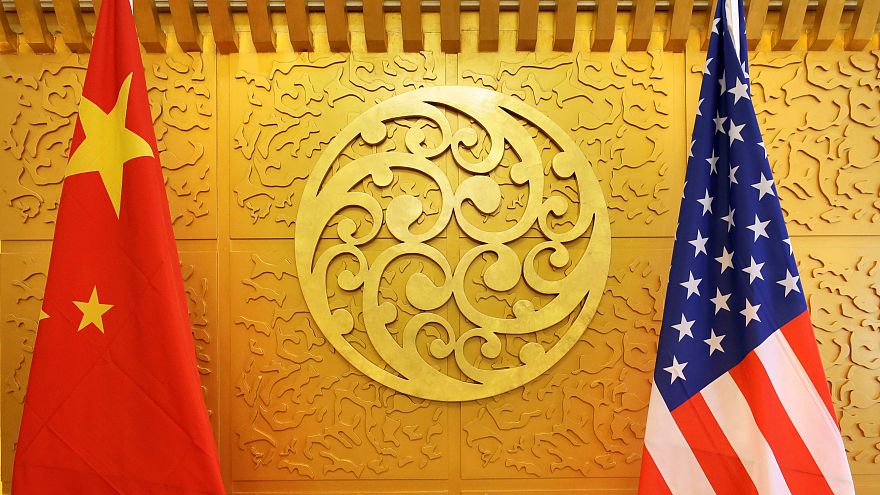
This is an unproductive dispute that will benefit no one. They should quickly reach a compromise.
In order to reduce the large trade deficit regarding China, on Sept. 24, the Trump administration will be invoking tariffs equivalent to $200 million on Chinese products. Throughout July and August of this year, the U.S. imposed additional tariffs of 25 percent on products, equivalent to $50 billion. This is the third round of tariffs, which are 10 percent at the moment, but will rise to 25 percent next year.
China also announced that it would impose retaliatory tariffs of 5 or 10 percent, equaling about $60 billion, on products imported from the U.S. It is also considering restricting exports to the U.S. of materials and parts important to the U.S. industry. It is highly likely that this exchange of sanctions and retribution will deal a serious blow to the world’s economy. The impact will also be heavy on Japanese industries that make products in China and export to the United States. We need to pay close attention.
Additional tariffs were imposed on roughly half of imports from China to the U.S. The target of the sanctions was largely home appliances and everyday products. Because of this, domestic prices will rise and consumers will suffer. This could affect even the prosperous U.S. economy, but the Trump administration is preparing for the fourth round, which would be aimed at all products from China.
It is clear that the U.S. wishes to appear as if it is curbing China’s power, in order to appeal to supporters for the midterm elections in November. In the U.S., it seems that opposition to China, which infringes upon the intellectual property rights of digital technology, surpasses partisanship and has a strong influence.
However, the methods of the United States are unreasonable. The trade deficit with China is the consequence of the U.S. leading the way in globalization and trade liberalization in the ‘90s. The trade problem should not be dealt with by unilateral sanctions, but by utilizing the mediation of the World Trade Organization. China should also stop feigning ignorance of the intellectual property issue.
In China, the effect of low stocks and cheap currency is appearing. If China’s economy retreats drastically, then exports from the U.S. to China will decrease and it will also affect the U.S. economy. It is doubtful whether or not a cabinet-level meeting will be held concerning trade between the two countries, but it is time now for them to meet with each other.
The U.S. is requesting measures from Japan and Europe to reduce the trade deficit. In upcoming trade discussions between Japan and the U.S., it is possible that greater market access for agricultural goods will be encouraged. Although cooperation with the U.S. is the basis of diplomacy for the Japanese government, I would like this problem to be negotiated on the basis of free trade principles.

Leave a Reply
You must be logged in to post a comment.